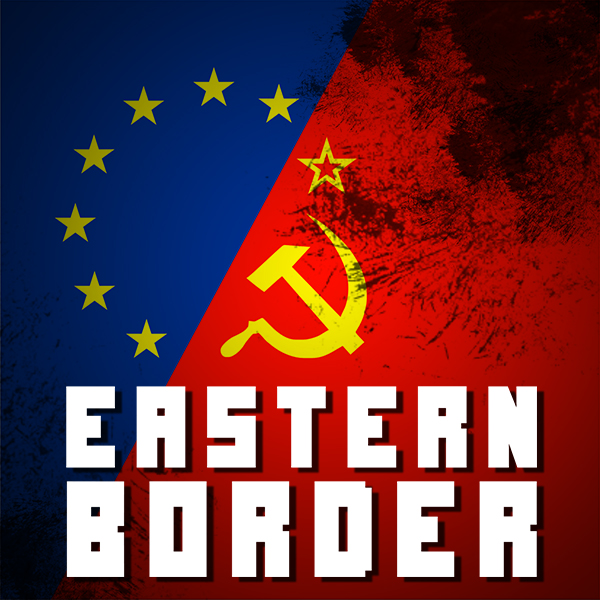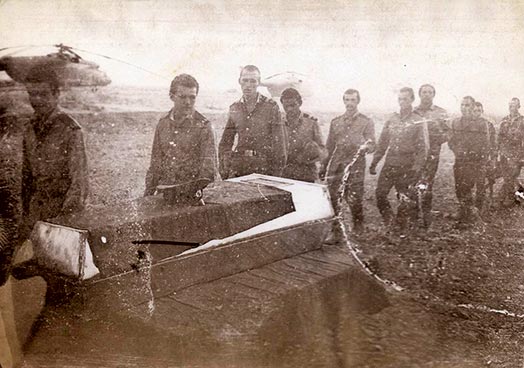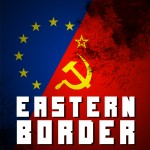
Greetings again, comrades!
Sorry for being so late with this episode, but as you’ll hear in it, I’ve run into some issues with my life. Some of you wrote me e-mails asking me, if I’ll be making any new episodes – and yes, I will. This is Eastern Border, we love it here, and we don’t intend to stop anytime soon. Huge “thank you” to everyone who donates, writes comments, sends e-mails or just listens to our show. You’re all awesome.
Now, about this episode a bit: this one is a more serious, more emotional episode than usual. It was also a bit harder for me to make, due to having to do some quote translations on the fly, as I would have taken an eternity more, if I’d scripted everything – so, I apologize for some parts of the show, that might sound a bit worse than you would expect. Otherwise, I’m actually really happy about how this turned out, especially considering my situation – so I hope you’ll enjoy it.
The picture, for this time, is one of the infamous Zinc coffins – in which the soldiers were sent home during the Afghanistan war.

Also, don’t forget to check out this episodes podcast recommendation – the Historical Intentions podcast, by Joseph Newton!
Edit: Also, for those who like the accent – I don’t really notice it, that’s just how I speak in English. I imagine it sounds a bit weird for you. 🙂

